Grad students face mental wellness challenges
Recent studies have drawn attention to the mental health challenges of graduate students. Hironao Okahana wrote about it in an April article on the Council of Graduate Schools website. Okohana, the CGS associate vice president for research and policy analysis, noted that Ph.D. students face many more mental health challenges than the general population. Read the article.
 |
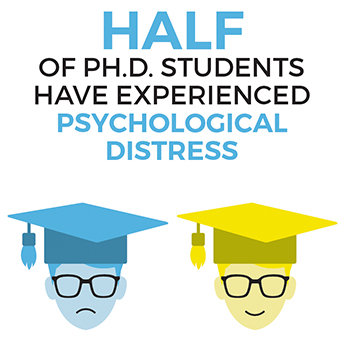 |
|
A 2018 study in Nature Biotechnology reports that 39 percent of participants, mostly doctoral candidates, had moderate to severe depression, as compared with the 20 percent of American adults who experience mental illness in any given year. (Among this study’s authors are Nathan Vanderford and Teresa Evans, who write about leadership in this issue.)
|
The problem is not new. Studies in the Journal of Nervous and Mental Disease (2013) and the Journal of College Student Development (2006) reported that half of all Ph.D. students have experienced psychological distress and one-third are at risk of a common psychiatric disorder.
|
 |
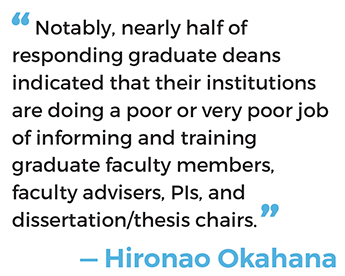 |
|
Graduate deans are mindful of the mental health challenges faced by master’s and doctoral students, Okahana writes. In the 2018 CGS Pressing Issues Survey, 63 percent of these deans agreed or strongly agreed that current grad students struggle to maintain mental wellness more than grad students did five years ago.
|
Enjoy reading ASBMB Today?
Become a member to receive the print edition four times a year and the digital edition monthly.
Learn moreFeatured jobs
from the ASBMB career center
Get the latest from ASBMB Today
Enter your email address, and we’ll send you a weekly email with recent articles, interviews and more.
Latest in Careers
Careers highlights or most popular articles
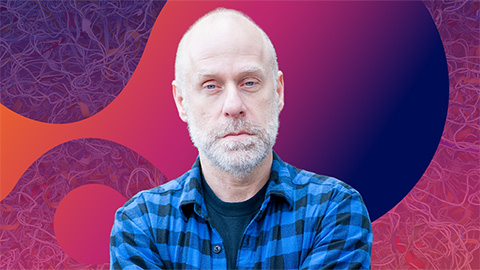
Mapping proteins, one side chain at a time
Roland Dunbrack Jr. will receive the ASBMB DeLano Award for Computational Biosciences at the ASBMB Annual Meeting, March 7–10, just outside of Washington, D.C.

Exploring the link between lipids and longevity
Meng Wang will present her work on metabolism and aging at the ASBMB Annual Meeting, March 7-10, just outside of Washington, D.C.

Upcoming opportunities
Calling all biochemistry and molecular biology educators! Share your teaching experiences and insights in ASBMB Today’s essay series. Submit your essay or pitch by Jan. 15, 2026.

Defining a ‘crucial gatekeeper’ of lipid metabolism
George Carman receives the Herbert Tabor Research Award at the ASBMB Annual Meeting, March 7–10, just outside of Washington, D.C.
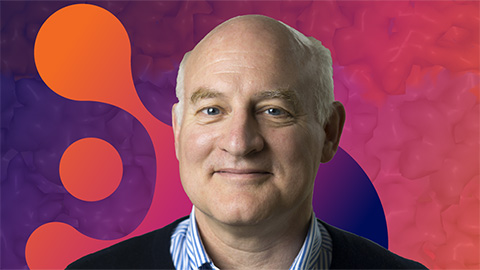
Building the blueprint to block HIV
Wesley Sundquist will present his work on the HIV capsid and revolutionary drug, Lenacapavir, at the ASBMB Annual Meeting, March 7–10, in Maryland.
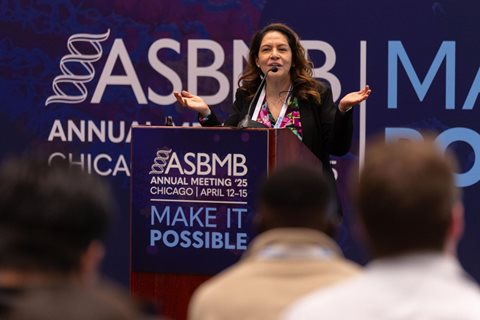
Upcoming opportunities
Present your research alongside other outstanding scientists. The #ASBMB26 late-breaking abstract deadline is Jan. 15.
